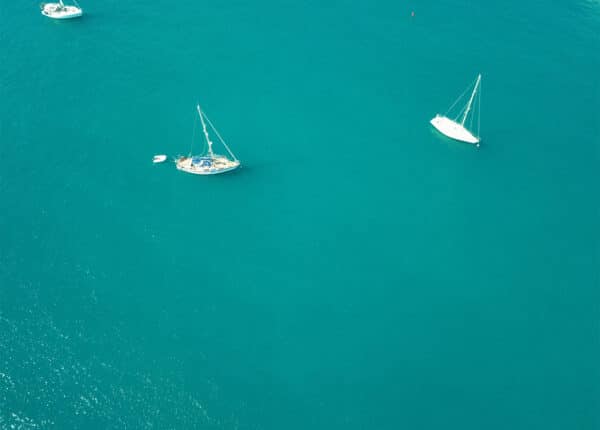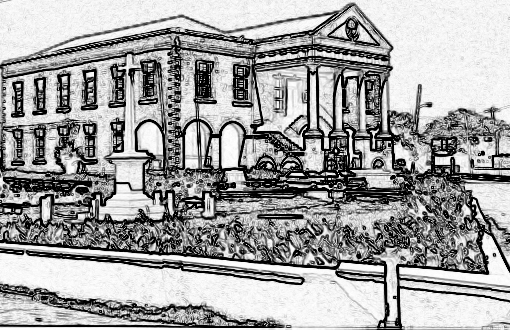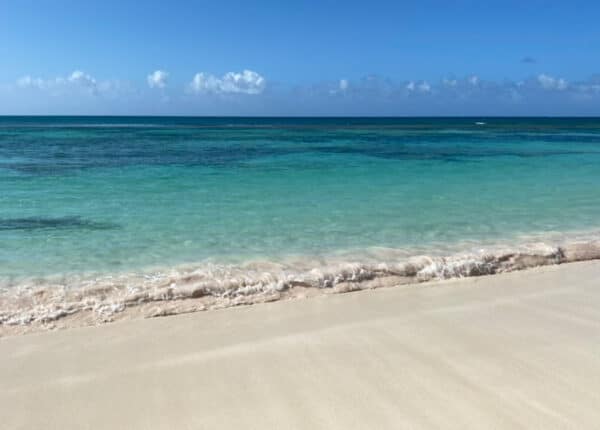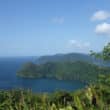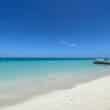By David Rowe
Op-Ed Contributor
There is currently a debate in Jamaica about the number of lawyers who should be admitted to law school. Some stakeholders consider that a larger number than the current number of 180 per year should be admitted.
Others believe that this amount cannot address the needs of an expanding population.
Whatever the number, if the Jamaican economy does not expand, there will be a very limited amount of work for new lawyers to do.
The Private Bar is reportedly very jittery about the unfettered expansion of the law school. Some of Jamaica’s more senior Attorneys look with a jaundiced eye upon a bloated legal market, which seems to offer limited opportunities for young lawyers.
Observers also note that male law school students are seriously outnumbered at the Norman Manley Law School and their proportion continues to seriously decline.
There are currently far more female law school students than corresponding male law school students. If current trends continue, 30 years from now, male lawyers could be as scarce in Jamaica as male nurses are today.
There is a sizeable benefit for a small territory when it receives a positive influx of new young lawyers. The rule of law in the territory should be increased because of the students’ youthful interest in legal issues, justice and civil rights.
The two schools from which the Norman Manley Law School receives most of its applicants are the University of the West Indies Law Faculty and the University of Technology Law Faculty.
Both institutions would like all of their graduates to have immediate access to the Norman Manley Law School.
This could mean nearly 400 hundred students entering at one time. But 400 hundred students at one time, could be more than some of the “old guard” can stomach.
Despite its national motto, “Out of Many, One People” there are many Jamaicans who believe that the legal profession is the last bastion of class and racial discrimination in Jamaica.
The Norman Manley Law School is now embroiled in this debate as the forces of social change confront the bulwarks of continuity in the legal establishment.
How many significant municipalities in Jamaica have no law offices at all, forcing the residents to travel miles on foot and bus to see a lawyer?
How many cases are being postponed because of a lack of lawyers in Government departments? How many Government agencies seek advice from the Attorney’s General Office when they could easily and efficiently use an in-house counsel?
I do not have the specific answers to these questions, but my daily interactions with Jamaican attorneys suggest that these issues are important and could be resolved if there were more lawyers.
What will be the fate of students at the University of Technology or the University of London who have Bachelor of Law degrees but find that there is no room at the inn at the Law School?
These fascinating issues will be resolved over the next few years, hopefully without litigation, but with solid, frank discussion between all the stakeholders.
Perhaps the solution is for the University of Technology to build its own law school to compete with the Norman Manley Law School. Competition between law schools could promote better institutional performance.
David P Rowe is an attorney in Jamaica and Florida and a law professor at the University of Miami School of Law in Coral Gables, Fla.
Note: the opinions expressed in Caribbean Journal Op-Eds are those of the author and do not necessarily reflect the views of the Caribbean Journal.
